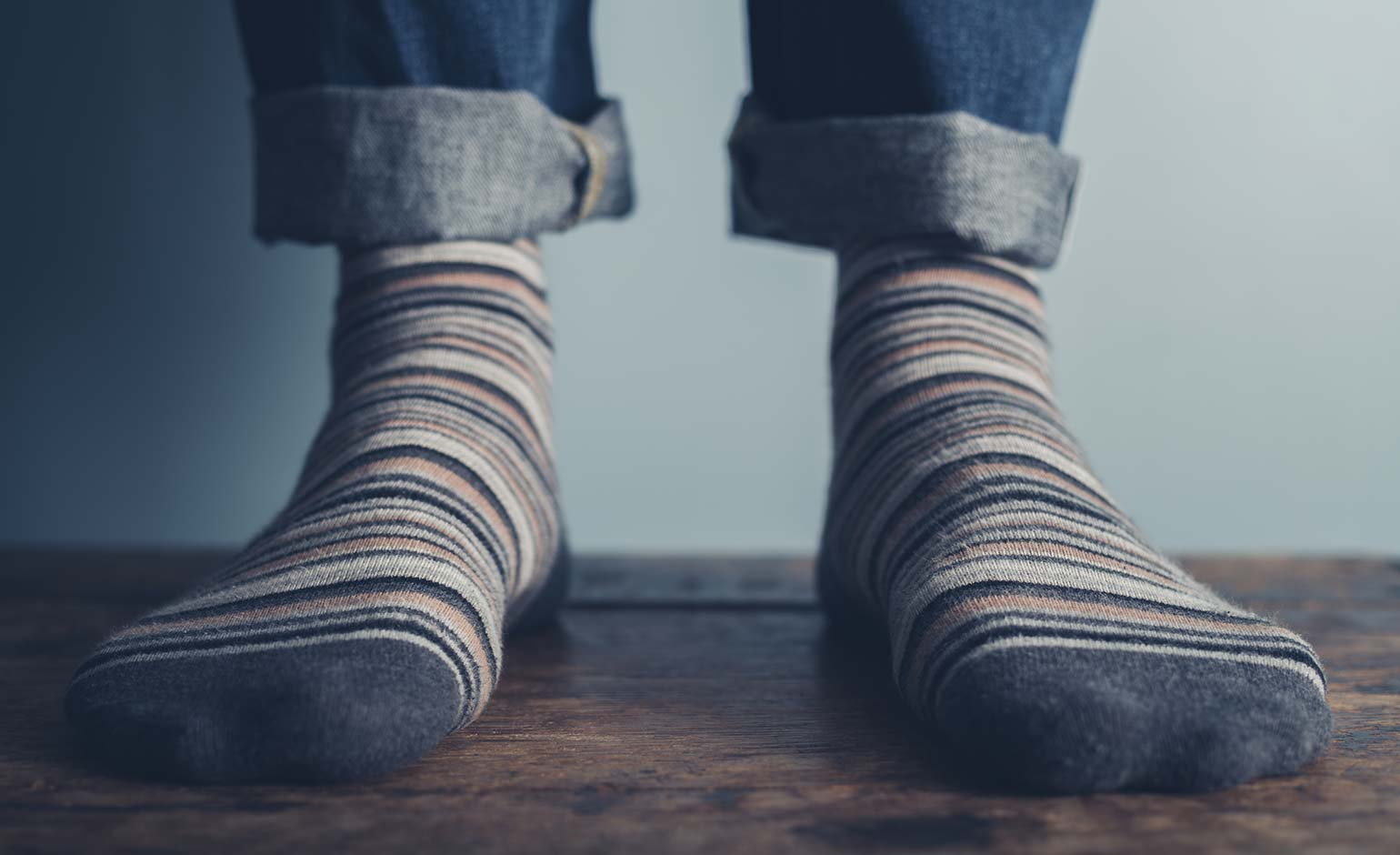Diabetes UK is urging local people with diabetes to look after their feet during the lockdown and to seek medical help urgently if they notice anything unusual.

People with diabetes are at increased risk of developing problems with their feet because high blood sugar levels can damage blood vessels, affecting how blood flows to the feet and legs.
If something as small as a cut or blister becomes infected, it can develop quickly into an ulcer or infection and, at worst, lead to an amputation.
Unhealed ulcers and foot infections are the leading cause of diabetes-related amputations, with diabetic foot ulcers preceding more than 80% of amputations.
Amputations can be devastating to a person’s quality of life and can be life-threatening.
Most amputations can be prevented with good, regular footcare. That’s why it is crucial that people living with diabetes know how to look after their feet and check them daily to look out for the signs of foot problems.
How to look after your feet when you have diabetes:
1. Check your feet daily to look out for the signs of foot problems
If, for example, your foot changes colour or is warm or swollen, or you have a break in the skin or any discharge, then contact your GP or podiatry service immediately.
2. Seek medical help urgently if you’re experiencing unusual symptoms
If you notice a new change in your foot, like a cut or blister, a change in shape or colour, they are hot or swollen, or there’s a bad smell coming from an open wound, contact your GP, your foot care team or call 111 immediately.
3. Check with your hospital or GP if you have a regular upcoming appointment to see if it’s taking place
All routine nail cutting and foot care services are not operating during the pandemic.
Specialist podiatry or multidisciplinary diabetes foot services for an active diabetes foot problem, such as wound care or an ulcer, will continue but may have different procedures in place to ensure safety while you wait. Contact your podiatry team or foot clinic team to check.
4. Manage your blood sugar levels, cholesterol and blood pressure
Keeping your blood sugar within target will help prevent damage to your feet, and can stop existing problems from getting worse.
5. Aim to eat well, be active and stop smoking, as much as possible
As well as looking after your feet, foot problems can be reduced by making healthier food choices, being active and stopping smoking.
Phaedra Perry, Regional Head Diabetes UK South West said: “We know that people with diabetes may feel uneasy about seeking medical help for problems with their feet while the UK continues to deal with the coronavirus pandemic, but foot problems can deteriorate very quickly, and ignoring problems with your feet can have devastating consequences.
“People with diabetes should seek medical help quickly if they notice anything unusual.”
Diabetes UK has worked with footcare specialists from King’s College London to produce a new video to reassure people with diabetes that specialist services are still available, and that it’s safe to seek clinical help if problems arise.
The new video, featuring podiatrist Maureen Bates, can be viewed below.
For more information on footcare for people with diabetes, visit the Diabetes UK website: www.diabetes.org.uk/footcare.



